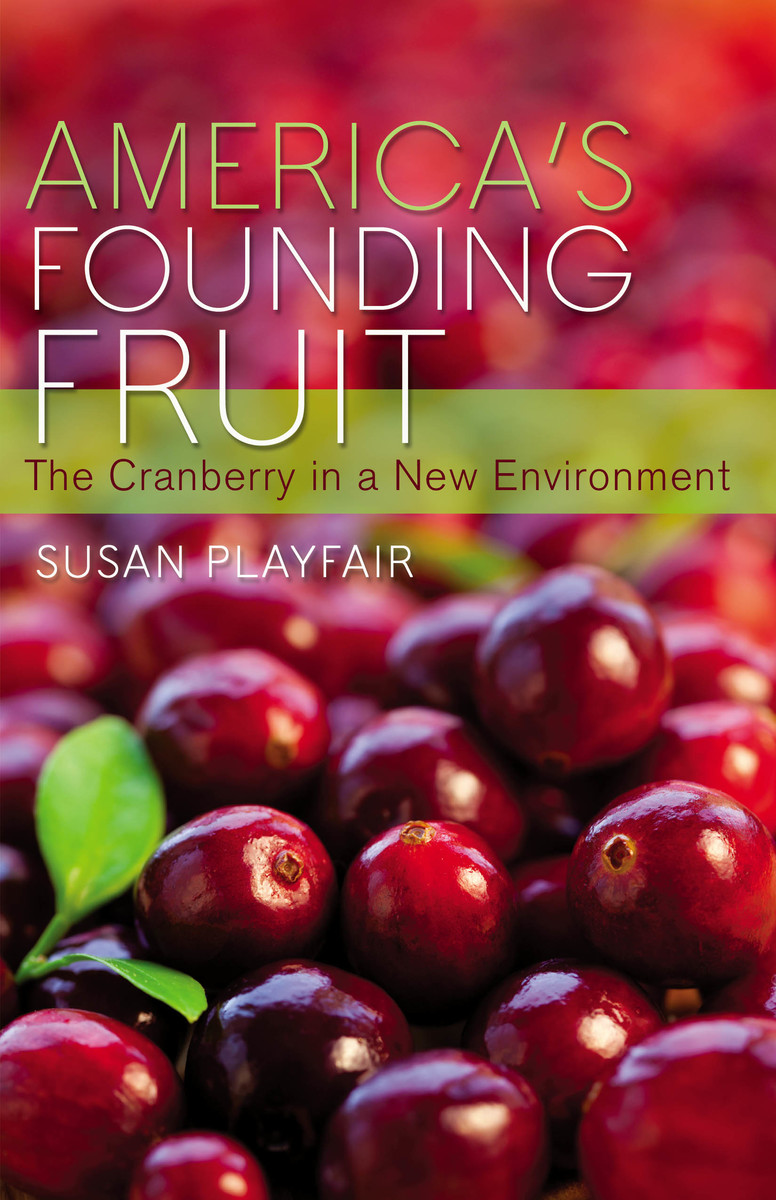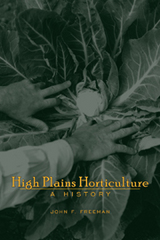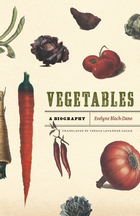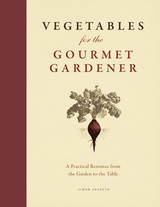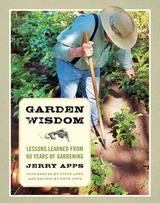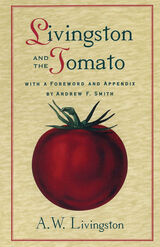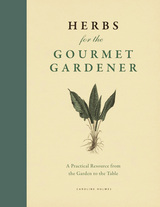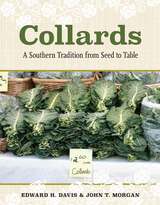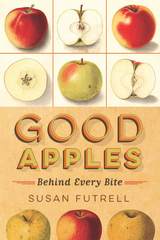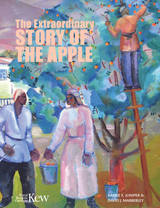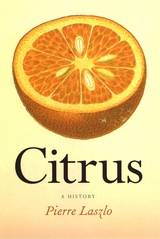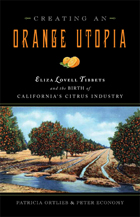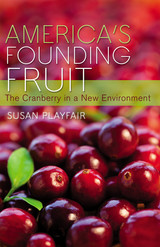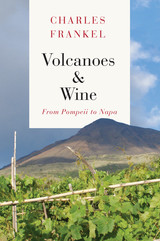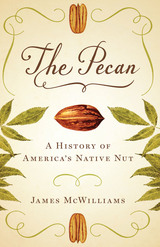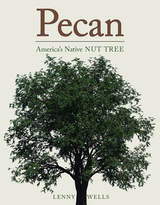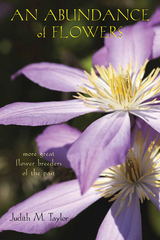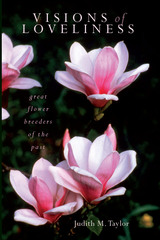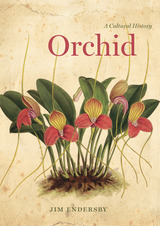America's Founding Fruit: The Cranberry in a New Environment
University Press of New England, 2014
Cloth: 978-1-61168-631-9 | Paper: 978-1-61168-632-6 | eISBN: 978-1-61168-633-3
Library of Congress Classification SB383.P53 2014
Dewey Decimal Classification 634.760973
Cloth: 978-1-61168-631-9 | Paper: 978-1-61168-632-6 | eISBN: 978-1-61168-633-3
Library of Congress Classification SB383.P53 2014
Dewey Decimal Classification 634.760973
ABOUT THIS BOOK | AUTHOR BIOGRAPHY | REVIEWS | TOC
ABOUT THIS BOOK
The cranberry, Vaccinium macrocarpon, is one of only three cultivated fruits native to North America. The story of this perennial vine began as the glaciers retreated about fifteen thousand years ago. Centuries later, it kept Native Americans and Pilgrims alive through the winter months, played a role in a diplomatic gesture to King Charles in 1677, protected sailors on board whaling ships from scurvy, fed General Grant’s men in 1864, and provided over a million pounds of sustenance per year to our World War II doughboys. Today, it is a powerful tool in the fight against various forms of cancer. This is America’s superfruit. This book poses the question of how the cranberry, and by inference other fruits, will fare in a warming climate. In her attempt to evaluate the effects of climate change, Susan Playfair interviewed growers from Massachusetts west to Oregon and from New Jersey north to Wisconsin, the cranberry’s temperature tolerance range. She also spoke with scientists studying the health benefits of cranberries, plant geneticists mapping the cranberry genome, a plant biologist who provided her with the first regression analysis of cranberry flowering times, and a migrant beekeeper trying to figure out why the bees are dying. Taking a broader view than the other books on cranberries, America’s Founding Fruit presents a brief history of cranberry cultivation and its role in our national history, leads the reader through the entire cultivation process from planting through distribution, and assesses the possible effects of climate change on the cranberry and other plants and animals. Could the American cranberry cease growing in the United States? If so, what would be lost?
See other books on: Agriculture & Food | Agriculture & Food Policy | Cranberries | Ecology | Social History
See other titles from University Press of New England
